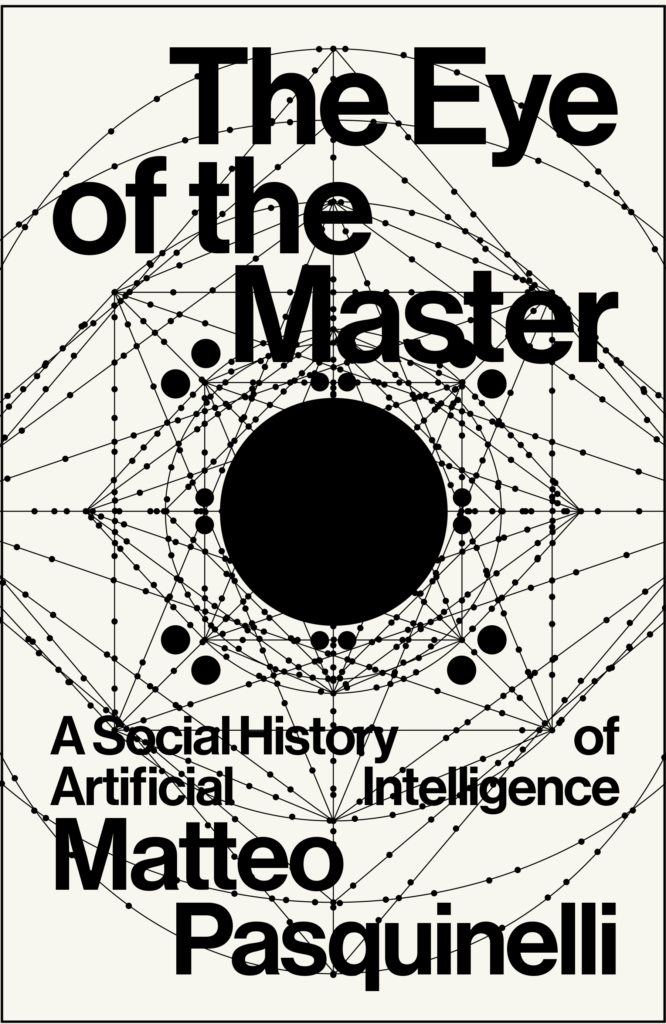0 0 0 0 0 0 █ █ 0 0 0 0 0 █ 0 0 0 0 0 0 0 0 0 0 0 0 █ 0 0 █ █ █ 0 0 0 0 █ 0 0 0 0 0 1 1 1 1 1 1 1 1 1 1 1 1 1 1 █ 1 1 1 1 1 1 1 1 1 1 █ 1 1 █ 1 █ 1 1 █ 1 1 1 █ 1 1 1 1 █ 2 2 █ 2 2 2 2 2 2 2 █ 2 2 2 2 2 2 2 2 █ 2 2 2 2 2 2 2 2 2 2 █ 2 2 2 2 2 2 2 2 2 █ 3 3 █ 3 3 3 3 3 █ 3 3 3 3 3 3 3 3 3 3 3 3 █ 3 3 █ 3 3 3 3 █ 3 3 3 3 3 3 3 █ 3 3 3 3 █ 4 4 4 4 4 4 4 4 4 4 4 4 4 4 4 4 █ 4 4 4 4 4 4 4 4 4 4 4 4 4 4 4 █ 4 4 4 4 4 4 4 4 5 5 5 5 5 5 █ 5 5 5 5 5 5 5 5 5 5 █ 5 5 5 5 5 5 █ 5 5 5 5 5
My notes here → Code Surplus Value and the Augmented Intellect
More info → incrediblemachines.info
In conjunction with Access Gallery, the independent curator Mohammad Salemy presents Incredible Machines, a conference addressing different aspects of the expanding role of networked computers and digital processes in the production of knowledge.
++++
A spectre is haunting the space of knowledge — the spectre of telecomputation. Unlike the modern age when scientific authority and the idea of objectivity were typically embodied in concrete objects like atlases, encyclopedias, books and photographs, the materiality and credibility of human knowledge in the contemporary moment is determined to a great extent by the gathering and sharing, as well as the algorithmic processing and visualization of digital data. This new space has been materialized by the technical synthesis of mass telecommunication and mass computation, enabling a new kind of collective production of knowledge unseen in human history. Resting upon the computational promise of ever-new developments in hardware, software, and network technologies, a visually dynamic, statistically driven and object-oriented form of structural positivism has emerged as the dominant condition for the production and dissemination of knowledge.
Starting first in the natural and social sciences and later in the humanities, the ‘digital turn’ has recently begun to reshape how artists look at the world, conceive of their practices and connect with audiences. Incredible Machines probes the ramifications of knowledge production’s dependence on machines, mechanical thinking and telecomputation as well as the theoretical and practical entanglement of technological apparatuses with aesthetic theory and art practices.
Many artists, philosophers and scholars from a variety of fields agree that the widespread use of networked computers in the last two decades has forever transformed the overlapping relations between art, technology and the process of knowledge production. What is still contested however are the ways in which this shift affects the overlap between knowledge and power, or rather, how technological changes might be incorporated into an inherently political understanding of the contemporary theory of knowledge.
Keynote Speakers:
Alexander R. Galloway, Suhail Malik, Reza Negarestani
Planetary Session Moderator:
Jaleh Mansoor
On Air Facilitator:
Jason Adams
Other Participants:
Benjamin H. Bratton, Clint Burnham, Michael Ferrer, Daniel Sacilotto, Benedict Singleton, Nick Srnicek, McKenzie Wark, Benjamin Woodard
Respondents:
Ali Ahadi, Morehshin Allahyari, Julieta Aranda, Amanda Beech, Samuel Forsythe, Aaron Gemmill, Kate Henderson, Joshua Johnson, Gelare Khoshgozaran, Deneb Kozikoski, Nick Land, Jason LaRiviere, Christina McPhee, Matteo Pasquinelli, Judith Rodenbeck, Brian William Rogers, Nooshin Rostami, Rory Rowan, Martha Schwendener, Robin Simpson, T’ai Smith, Kate Steinmann, Jayne Wilkinson
The Incredible Machines conference marks the second phase of a multi-part curatorial project by the independent curator Mohammad Salemy, which began in September 2013 with an exhibition at Vancouver’s Access Gallery, where he is currently curator-in-residence. The exhibition, Encyclonospace Iranica, showcased works by nine Iranian artists who responded to the relationship between telecomputation and knowledge production proposed by the Iranian philosopher Reza Negarestani.
Incredible Machines is generously sponsored by the Canada Council for the Arts, with additional support from the University of British Columbia’s Department of Art History, Visual Art and Theory, Simon Fraser University [Goldcorp Centre for the Arts, the Institute for the Humanities, Centre for the Comparative Study of Muslim Societies and Cultures] and the Global Center for Advanced Studies.

